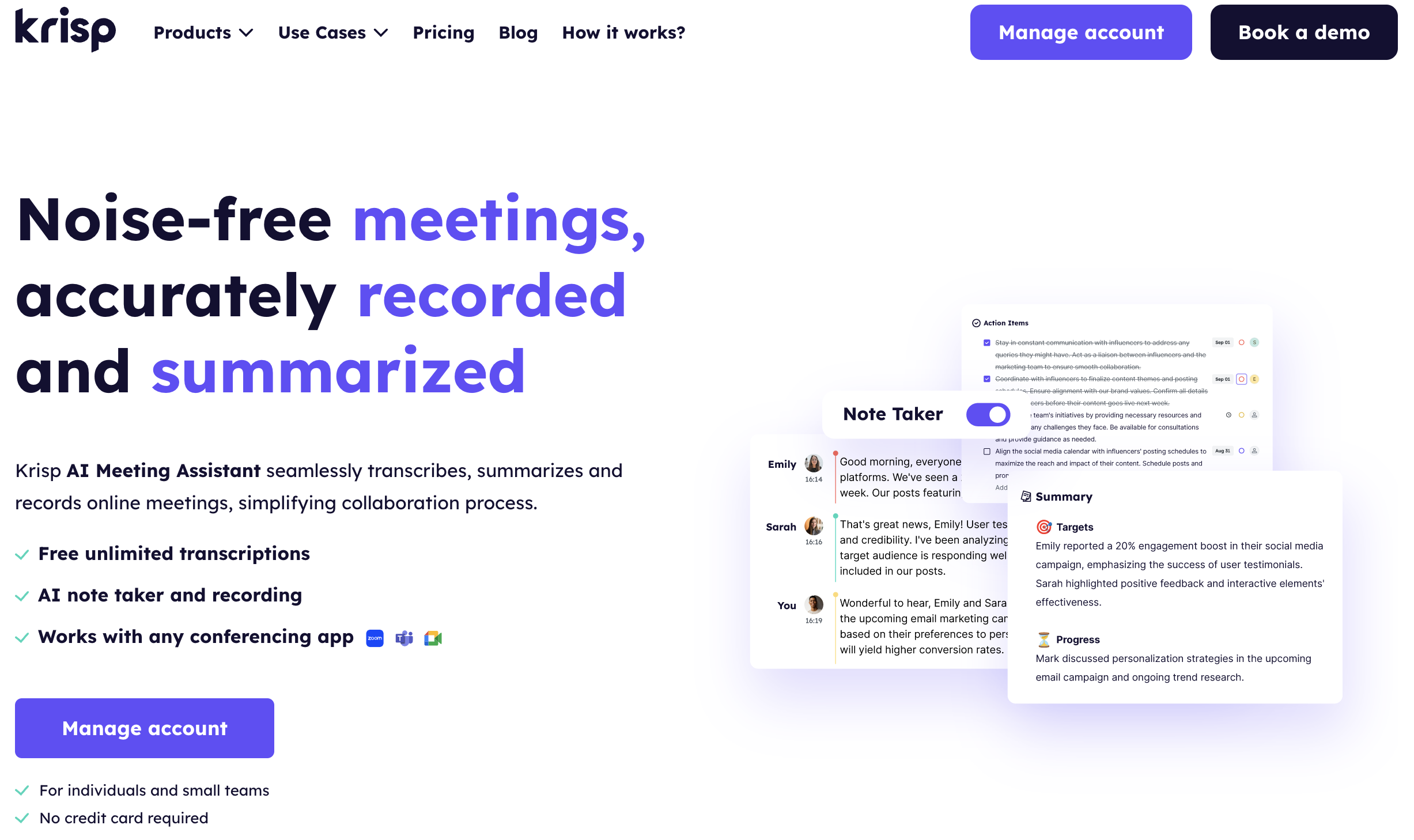In today’s fast-paced workplace, fostering accountability has become one of the critical elements for achieving organisational success. But what exactly does “accountability” mean in a professional environment, and how can companies encourage it effectively?
Simply put, accountability in the workplace means that employees are responsible for their actions and results. It’s not just about individual performance, but also how team members interact with one another, take ownership of their roles, and contribute to the organisation’s objectives.
When accountability is lacking, the impact can be felt across the board: missed deadlines, poor collaboration, and low employee morale. On the flip side, organisations witness increased productivity, better decision-making, and a more robust culture of trust when accountability thrives.
In this article, we will explore 10 practical ways to foster accountability in the workplace, helping you to create a positive, productive, and transparent environment.
1. Clear Expectations and Goals
Accountability in the workplace can only exist with clear expectations and well-defined goals. Employees need to know precisely what is expected of them and how their performance will be measured.
Goals should be Specific, Measurable, Achievable, Relevant, and Time-bound (SMART). This clarity helps employees understand what success looks like and encourages them to stay accountable. When everyone knows their role, there is more clarity and overlap, leading to a more focused and responsible workforce.
2. Regular Performance Reviews
Regular feedback is a powerful tool for fostering accountability in the workplace, as evidenced by Gallup’s finding that 80% of employees who have received meaningful feedback in the past week are fully engaged. For example, when employees receive constructive feedback about their performance, they gain valuable insights into their strengths and weaknesses.
This, in turn, empowers them to take ownership of their professional development and stay motivated to achieve their goals. Implementing asynchronous communication can facilitate these reviews, allowing for thoughtful and comprehensive feedback. Learn more about how to effectively use asynchronous communication here.
3. Encouraging Open Communication
A culture of open communication is closely intertwined with accountability in the workplace. In a hybrid work world, communication styles are shifting, making it essential for employees to feel comfortable discussing issues without fear of negative consequences. To understand how these new communication styles can improve team dynamics, read more about them here.
When teams openly address challenges, they are more likely to collaboratively find practical solutions. Moreover, when employees feel empowered to voice their concerns, they become more engaged and inclined to take ownership of their organizational roles.
Incorporating humor into the workplace can also enhance communication. For a fun break, check out this collection of jokes here to lighten the mood and foster a positive atmosphere.

4. Providing the Right Tools and Resources
To hold employees accountable, organisations must provide the necessary tools and resources for success. Without these essential resources, expecting employees to deliver high-quality work would be unfair. Providing access to tools, software, and training to support the team is crucial.
Modern tools such as project management software and collaboration platforms, like Krisp, play a vital role in tracking progress, task assignments, and maintaining accountability across the team. Krisp, for example, enhances remote communication by eliminating background noise during calls, ensuring that meetings remain productive and focused, contributing to better accountability in a distributed workforce.
5. Recognizing and Rewarding Accountability
Positive reinforcement is a fundamental strategy for encouraging accountability in the workplace. When employees observe that their accountability is acknowledged and rewarded, they are more inclined to continue demonstrating responsible behaviours. Recognition can take various forms, from verbal praise to bonuses or promotions.
Acknowledging employees who take ownership of their work reinforces a culture of accountability. It is important to recognize success and celebrate the instances when employees admit to mistakes and take responsibility. This demonstrates that accountability is valued over perfection.
6. Addressing Mistakes Openly
No one is perfect, and mistakes are inevitable. However, how mistakes are addressed can either foster or hinder accountability in the workplace. Rather than blaming employees for errors, mistakes should be treated as learning experiences. This encourages employees to take responsibility and find solutions without fear of punishment. A growth mindset promotes the idea that mistakes are part of learning. Encouraging employees to grow from their missteps fosters long-term accountability.
7. Holding Everyone Equally Accountable
Accountability should be universal, from entry-level employees to senior management. Leaders should avoid showing favouritism when it comes to accountability. All employees should be held to the same standards regardless of their position. Fairness and consistency in holding employees accountable create a culture of trust and respect within the organisation.
8. Peer Accountability
Peer-to-peer accountability can be a powerful motivator for teams. Peer feedback encourages employees to stay accountable to each other. Teams that hold one another accountable are more cohesive and productive. A culture of mutual support, where team members encourage each other to meet goals, fosters accountability across the board.
9. Developing a Sense of Ownership
Ownership is closely tied to accountability. Employees who feel a sense of ownership over their work are more likely to take responsibility for their outcomes. When employees have autonomy, they feel more invested in their work, leading to greater accountability.
Encouraging employees to take pride in their work increases their motivation to deliver high-quality results and stay accountable.
10. Providing Ongoing Training and Development
Continuous training ensures employees have the skills and knowledge they need to be accountable. Ongoing training helps employees feel confident in their abilities, reducing the chances of mistakes and increasing accountability. Encouraging employees to develop their skills continually fosters a culture of accountability, as they always strive for improvement.
How Krisp Can Help Foster Accountability in the Workplace
Krisp’s powerful features go beyond making meetings more efficient; they actively promote accountability in several ways.
Here’s how Krisp can be a game-changer for accountability:

AI Noise Cancellation for Clearer Communication:
Whether in a busy office or working from home, background noises can detract from meeting focus. Krisp’s AI Noise Cancellation eliminates these distractions, ensuring everyone stays focused on the agenda and delivering results. Clear communication is a key factor in fostering accountability, ensuring that all expectations and responsibilities are heard and understood.
Meeting Transcription for Accurate Documentation:
Keeping a record of who said what in a meeting is crucial for accountability. Krisp’s Meeting Transcription automatically records conversations in real time, creating a transparent trail of commitments and discussions. Employees can revisit these transcriptions to ensure they’re meeting expectations, while managers can track progress and follow up on any incomplete tasks.
AI Meeting Notes and Summary for Actionable Items:
Meetings often result in a long list of action items. Krisp’s AI Meeting Notes and Summary feature generates a concise and accurate summary of the key points discussed, including action items and deadlines. This ensures that everyone leaves the meeting knowing exactly what they are accountable for, reducing the likelihood of missed tasks or forgotten responsibilities.
Meeting Recording for Reassurance:
Krisp’s Meeting Recording feature can capture the entire conversation, allowing team members to go back and review what was discussed. This is particularly useful when multiple projects or goals are tracked, ensuring accountability for every commitment made.
Final thoughts
Fostering accountability in the workplace is an ongoing process that requires a blend of clear expectations, open communication, support from leadership, and recognition of success. By implementing these 10 effective ways, companies can create a work environment where accountability becomes second nature. Addressing miscommunication is a key aspect of this process.
For more insights on improving team communication, check out these essential tips here.


